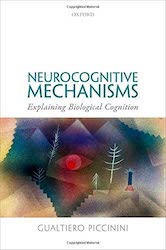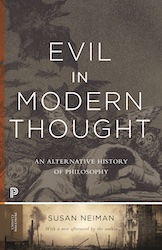Unborn black
On the occasion of the death of Pierre Soulages, “researcher of the ultrablack”, Cédric Enjalbert praises “black romanticism”, this sensitivity that allows the shadow part in us to be expressed. He quotes Edmund Burke in his Philosophical Research on the Origin of Our Ideas of the Sublime and the Beautiful, in 1757: “All that is … Read more










